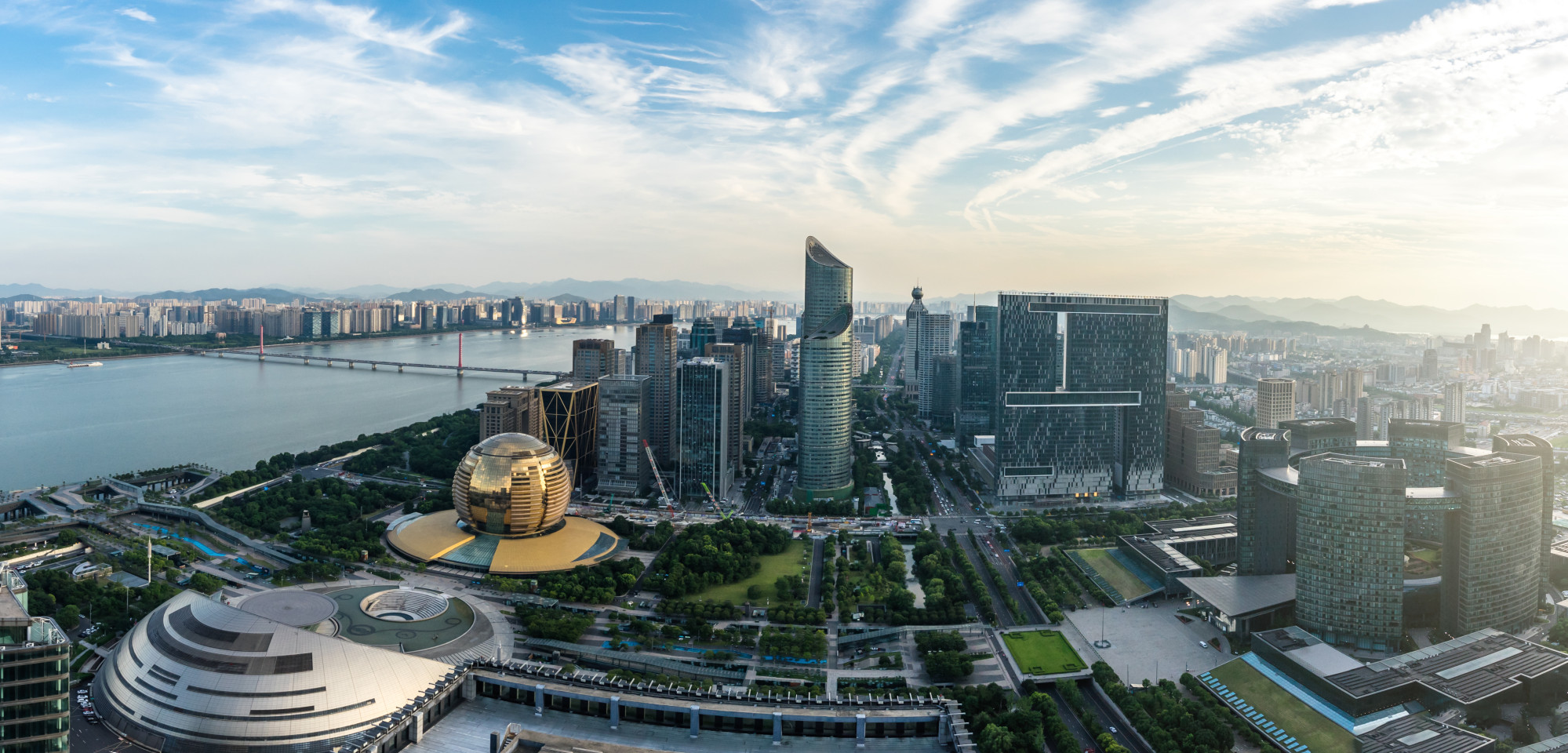
Tech hub Hangzhou pledges millions in annual subsidy for video gaming, esports amid signs of a thaw in China’s crackdown
- Hangzhou, capital of eastern Zhejiang province, has pledged 100 million yuan in annual funding to support video gaming and esports
- The new programme reflects the city’s extensive preparations ahead of hosting next year’s Asian Games, where esports will be a medal event
“[We should] dig deep into the comprehensive value of games, culture, technology and innovation, and further create a good ecosystem for the gaming industry,” said a Hangzhou official quoted by local media on Thursday.
As part of the plan, a number of major academic institutions in the city – including Zhejiang University, China Academy of Art and Zhejiang Media Institute – will establish degrees for students to major in video game animation and esports, helping train new artists and developers.

Without elaborating, Hangzhou said its plan calls on various government bodies in the city to help create a “positive atmosphere of public opinion” during the Games.
Before the release of the report that declared an initial victory against video game addiction, signs of a thaw in China’s crackdown on the industry emerged when regulator the National Press and Publication Administration granted licences to 70 new titles. That was the second highest number in 2022 behind the 73 issued in September. No new licences were granted in October.

